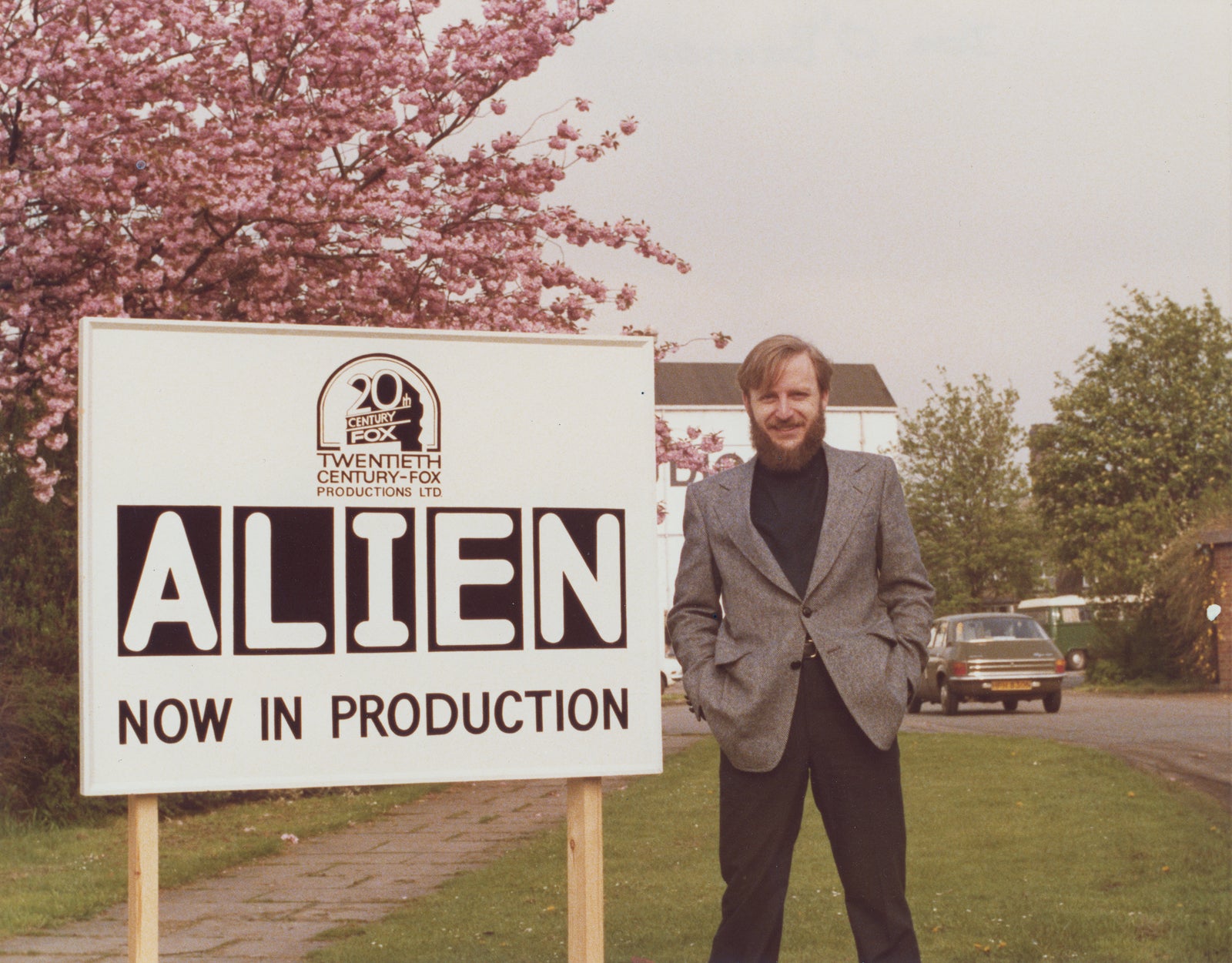Your Cart is Empty
Artists

Memory: The Origins of Alien Review
October 18, 2019 3 min read 0 Comments
Forty years after its release in 1979, the film Alien is still an exalted work of science fiction horror, but why? Is it Ridley Scott’s cinematography? The bizarre artistry of H.R. Giger? Perhaps it is how the film taps into a primal fear of the unknown. Memory: The Origin of Alien, directed by Alexandre O Philippe, suggests its all these elements that were summoned together by the late screenwriter of Alien, Dan O'Bannon. The film posits that O’Bannon was able to tie together his love of classic sci-fi while acting as a sort of conduit for humanity’s most ancient and primal fears and combine that with his own witticism and vision. The title, Memory, can be considered an allusion to mankind’s unified unconscious terror of things that lurk in the dark, while also being the title of an unfinished script by O'Bannon that eventually evolved into Alien.
Memory brings attention to a problem with basically every Alien movie after the first one: they lacked a certain kind of heart that the original had thanks to Dan O’Bannon. Memory takes us through O’Bannon’s childhood in rural Missouri, where he voraciously consumed science fiction novels (to his mother’s consternation) and had an early lesson in showmanship from his father who faked a UFO landing to attract tourists. O’Bannon’s frustrations with the John Carpenter helmed sci-fi spoof Dark Star and the aborted Alejandro Jodorowsky version of Dune weighed on the screenwriter, but his tribulations became fuel for Alien. While the film was certainly very centered around Alien, it felt like there was so much of O’Bannon in it that I wonder if it was initially pitched as a documentary just about him. When you consider O’Bannon’s contribution to films such as Return of the Living Dead, Life Force, Heavy Metal, and Total Recall, it really makes you wish there was more of his story told.
Memory opens at the ruins of the Temple of Apollo at Delphi, where the rough stone overseen by uncaring nature parallels the derelict spacecraft on LV-426 that houses the alien eggs. This sets the tone for the film and how Alien is a culmination of disparate elements stretching back much further than when O’Bannon first wrote his script. Along with O’Bannon’s life story, Memory also covers the influence of HP Lovecraft on science fiction, the Francis Bacon-esque imagery of the creature’s eye-less and toothsome visage, analysis of Alien as a film about class warfare (where corporations are more than happy to sacrifice the working class in the name of profit/capturing a killer space alien), and sexism both in the story and how Alien reflects those struggles to this day.
The final third of the film centers around the Chestburster scene as an encapsulation of how Giger, O’Bannon, Scott, and the cast and crew of Alien pull all these various elements together. This scene breakdown embodies how the team behind Alien were a Seven Samurai-like unit that produced lighting in a bottle. Unfortunately since the documentary makes this scene the crux of the picture, Memory just comes to a halt.
When I first heard about this film I was a little skeptical since, going by the trailer, it seemed to retread territory that has already been well worn. Alien is a film that has been analyzed, celebrated, picked apart, parodied, sequel-ed, imitated, and venerated for decades. What is left to say? Upon seeing the film you get the realization that it’s a documentary just as much about Dan O’Bannon as it is about Alien, even though the trailer would have you believe otherwise. The trailer mentions Scott and Giger, but at no point does it mention O’Bannon, even though he’s the hero of the documentary. I can understand why the people selling this film market it this way, after all, Alien is a huge franchise, Giger helped Alien win an Oscar, and Scott is still an active and famous director, while O’Bannon, who passed away in 2009, is a name coveted by genre movie nerds. I don’t blame the distributor for making these choices for the marketing of the film, but it does feel disingenuous that the trailers neglect to mention the most central figure to film. At the very least the actual film itself does a good job of celebrating O'Bannon's vision and the heart and craft he brought to Alien that none of the many sequels could capture again.
Subscribe
Sign up to get the latest on sales, new releases and more …
